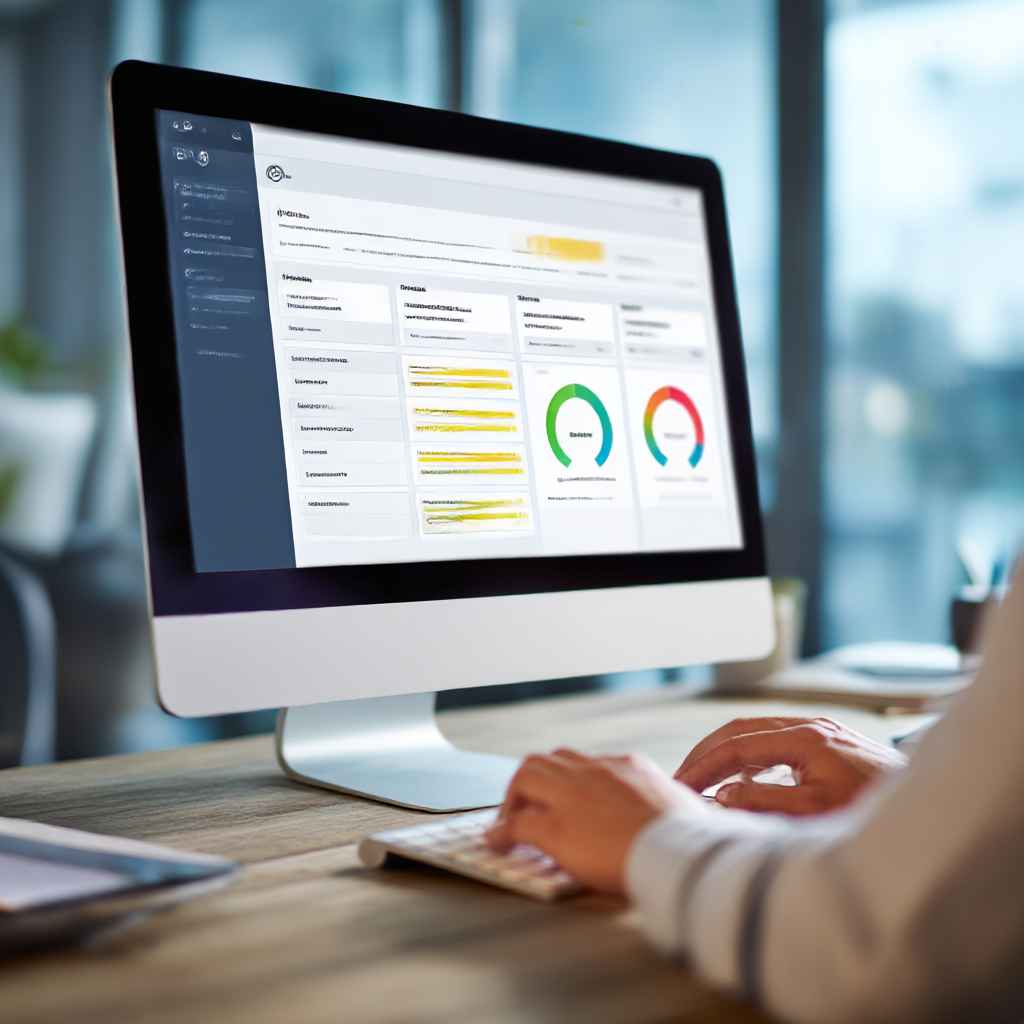Content
Hiring someone new? You’re not just looking for skills—you’re placing trust in a person to represent your brand, work with your team, and act in good faith. But how can you actually measure trustworthiness?
That’s where the overt integrity test comes in.
Think of it like a window into a candidate’s ethical compass. These tests ask direct, job-relevant questions about honesty, accountability, and workplace behavior—helping you spot red flags before someone’s on payroll.
In this guide, we’ll explore what overt integrity tests are, how they work, what they measure, and why they’re a must-have for modern hiring teams.
What Is an Overt Integrity Test?
An overt integrity test is a type of pre-employment assessment that directly asks candidates about their beliefs, values, and past behaviors related to ethics and honesty. Unlike covert tests, which infer integrity from personality traits, overt tests are straightforward.
They don’t sugarcoat. And that’s their strength.
Common Questions on an Overt Integrity Test:
| Type of Question | Example |
| Attitude-Based | “Is it ever okay to break company rules?” |
| Behavioral | “Have you ever lied to avoid taking responsibility at work?” |
| Situational | “What would you do if a co-worker asked you to cover up a mistake?” |
These kinds of questions help predict:
- Likelihood of theft or dishonesty
- Attitudes toward rule-following and authority
- Propensity to shift blame or take ownership
Why Employers Use Overt Integrity Tests

Hiring someone without evaluating their integrity is like buying a car without checking the brakes. You might be fine… or you might crash.
Here’s what makes overt integrity tests so valuable to hiring managers:
Benefits of Overt Integrity Testing
| Benefit | Why It Matters |
| Reduces Risky Hires | Spot candidates with attitudes linked to theft, fraud, or absenteeism |
| Improves Workplace Culture | Hire people who believe in teamwork and accountability |
| Saves Time and Money | Lower turnover and fewer disciplinary issues |
| Backs Up Gut Feelings with Data | Adds objectivity to hiring decisions |
| Scales Easily | Efficiently screens large volumes of applicants |
These benefits make it clear why overt tests are so common in high-trust environments—like finance, customer service, healthcare, and leadership roles.
As discussed in Pre-Employment Integrity Tests: What Employers Need to Know, organizations that implement structured assessments often report fewer compliance issues and stronger team dynamics.
How Do Overt Integrity Tests Work?
They’re simple for both the candidate and the hiring team.
Typical Testing Process
- Send the candidate a secure testing link
- Candidate completes the test (usually within 10 minutes)
- Results are delivered instantly to your dashboard
- Insights guide the next step—whether that’s an interview or a pass
The scoring system often includes “lie detection” indicators (to flag inconsistencies) and benchmarks that compare candidates against established norms.
What Traits Do These Tests Measure?
While test formats may vary, most quality overt integrity tests look at three critical areas:
| Dimension | What It Evaluates | Why It Matters |
| Integrity | Honesty, rule-following, and accountability | Core for building trust and reducing risk |
| Responsibility | Taking ownership, avoiding blame | Prevents toxic culture and ensures reliability |
| Positivity | Attitude toward teamwork, morale | Supports a collaborative, growth-focused team |
Many of these traits also align with the factors measured in Personality-Based Integrity Tests: How They Work, which show that ethics and personality often go hand-in-hand.
A Real-World Tool: The Positivity & Integrity Assessment Test

At Discovered Assessments, we’ve made integrity screening fast, accurate, and easy with our Positivity & Integrity Assessment Test.
It’s an overt test designed specifically for hiring teams that want reliable, high-level insights into workplace behavior.
Key Highlights:
| Feature | Details |
| Duration | ~10 minutes |
| Format | 10 behavioral and situational questions |
| Languages | English, Spanish |
| Results | Instant, with clear summaries |
| Use Cases | Frontline roles, customer service, admin, leadership |
In just 10 minutes, this test helps you:
- Identify candidates who demonstrate ethical behavior
- Assess how well they take ownership vs. deflect blame
- Understand their overall contribution to team morale
For deeper insight, you can also pair it with our SL Behavioral Aptitude or IC Behavioral Aptitude assessments.
And the best part? It’s completely digital—no software or downloads required. Just send the link and get results instantly.
When and Where Should You Use Overt Integrity Tests?
You can use integrity testing at various points in your hiring process, but it’s most effective after initial resume screening and before the interview.
Roles That Benefit Most:
- Customer-Facing Staff – Prevent theft, build trust, ensure professionalism
- Administrative Positions – Ensure reliability, data integrity, and accountability
- Leadership & Management – Promote ethical leadership and sound decision-making
- Retail & Frontline Workers – Minimize shrinkage and boost teamwork
In fact, Sample Integrity Test Questions Employers Can Use shows how even basic questions can expose big red flags in these roles.
Overt vs. Covert: What’s the Difference?

This is a common question.
While both assess integrity, they do so in different ways:
| Type | Description | Example |
| Overt | Asks direct questions about ethics and behavior | “Have you ever stolen from a job?” |
| Covert | Infers integrity from personality traits | “I enjoy taking risks, even if they’re against the rules.” |
Both approaches are valid—but overt integrity tests are generally more transparent and easier to explain to candidates. Learn more in What Is a Covert Integrity Test? A Guide for Hiring Managers.
Related Topics You Might Find Helpful
Throughout your hiring process, these resources will help you sharpen your integrity screening toolkit:
- Integrity Assessment Questionnaire for Pre-Employment Screening
- How to Test Integrity in Interviews: Employer Guide
- Top Integrity Assessment Tools for Hiring Teams
- Honest Hiring: Why Integrity and Work Ethics Tests Are Non-Negotiable
- Supply Chain Integrity Assessment: A Guide for Procurement and HR Leaders
- What Is an Integrity Test and Why It Matters in Hiring
Frequently Asked Questions (FAQs)
1. Are overt integrity tests legal?
Yes—when used properly, they’re completely legal and validated for hiring purposes.
2. Can candidates fake their answers?
Not easily. Good tests include built-in consistency checks to detect dishonesty or socially desirable responses.
3. What if someone fails the test?
It’s not always a deal-breaker, but it’s a strong signal to dig deeper in the interview or consider other candidates.
4. How long does it take?
Our test takes about 10 minutes, making it easy to use even with large applicant pools.
5. Is this test only for entry-level roles?
Not at all! It’s effective across customer service, management, support staff, and leadership roles.
Final Thoughts: Make Integrity a Standard, Not a Gamble
Hiring someone who looks great on paper but lacks ethics can cost your company dearly. Overt integrity tests offer a smart, scalable way to ensure you’re building a team of honest, accountable professionals.
Tools like the Positivity & Integrity Assessment Test give you fast, reliable insights—without bogging down your hiring process.
So, if you’re ready to protect your culture, reduce hiring risks, and elevate your team…
Book a free demo today
Let’s help you spot the team players you can trust from day one.
